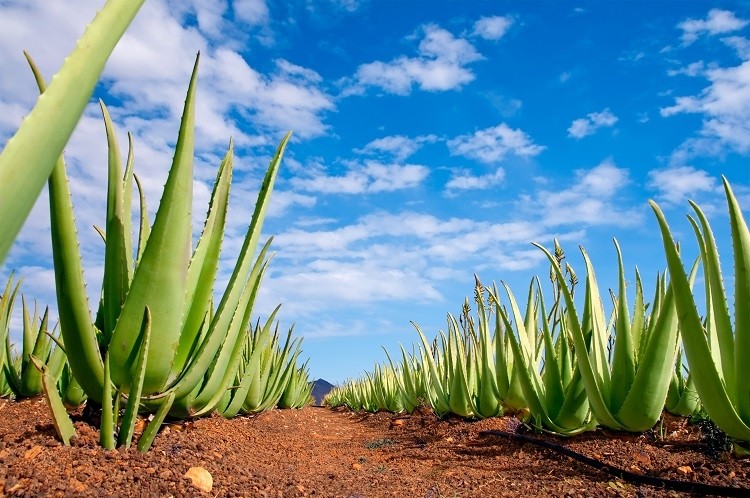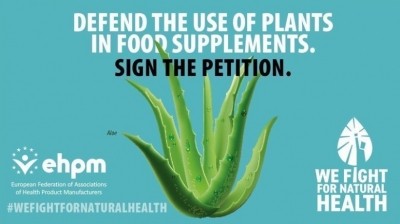Study supports prebiotic potential of Aloe vera polysaccharides

The in vitro data, published in the Journal of Agricultural and Food Chemistry, suggested that the fructans from Aloe vera (Aloe barbadensis Miller) boosted the growth of Lactobacillus spp. to a greater extent than seen with commercial inulin, while increases in Bifidobacterium spp. were similar to those observed for inulin.
“The results of this study confirm that fructans and acemannan from Aloe vera are very promising prebiotics, that had not been studied previously in detail,” wrote the authors from the University of Chile.
Prebiotics are defined as: “A substrate that is selectively utilized by host microorganisms conferring a health benefit” (ISAPP 2017).
Study details
The researchers extracted the fructans and acemannan from Aloe vera, and they also removed pigments from the samples. The extracted polysaccharides were then used to ferment commercial bacterial strains, including: Lactobacillus fermentum L55-2-33, L. casei L54-2-33, L. plantarum L46-1-12, L. plantarum N223-3, Bifidobacterium catenulatum N173-2, B. longum N180-3, B. bifidum N364-3, B. animalis ssp. lactis BB-12.
“In Lactobacillus spp. there was a significant 2.6–3.1 fold increase with fructans, and these fold increases were greater than those obtained with commercial FOS [fructooligosaccharides, inulin],” wrote the researchers. “In Bifidobacterium spp. there was also a significant 2.0–3.3 fold increase with fructans. In this case, the fold increases were similar to those produced by commercial FOS.”
Acemannan was also found to stimulate bacterial growth, but to a lesser extent than the fructans, said the researchers.
The researchers also performed an in vitro fermentation of the polysaccharides with human fecal bacteria, and then used qPCR (quantitative polymerase chain reaction) to quantify the effects. The results of this study indicated that the Aloe vera fructans induce a 14% increase in the population of Bifidobacterium spp., but no significant changes were observed for any other measures, including total bacterial population and Lactobacillus spp.
SCFAs

Analysis of short chain fatty acid (SCFA) production in the fecal samples showed that the fructans produced the greater amounts of SCFA, while acemannan was associated with significant increases in acetate concentrations.
“[F]ructans and acemannan stimulate the production of acetate, propionate, and butyrate, which in turn possibly prevents the formation of polyps [in the colon],” wrote the researchers. “Further studies are needed to corroborate these health benefits from Aloe vera polysaccharides.
“The growth kinetics of single bacterial strains, corroborated by bacterial population qPCR, and SCFA quantifications, indicate that ramified fructans are better prebiotics than commercial FOS which is a linear fructan,” the concluded.
Source: Journal of Agricultural and Food Chemistry
Published online ahead of print, Article ASAP, doi: 10.1021/acs.jafc.7b04100
“Acemannan and Fructans from Aloe vera (Aloe barbadensis Miller) Plants as Novel Prebiotics”
Authors: M.P. Quezada






